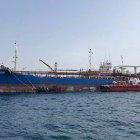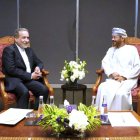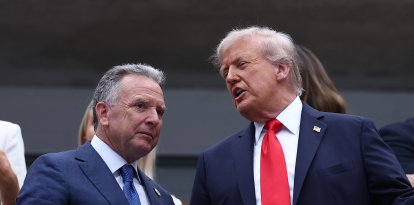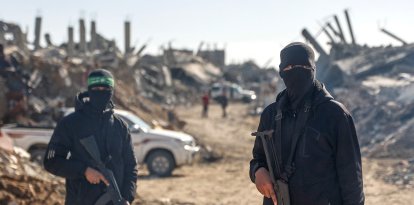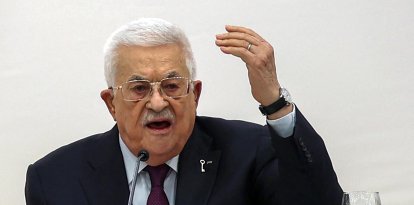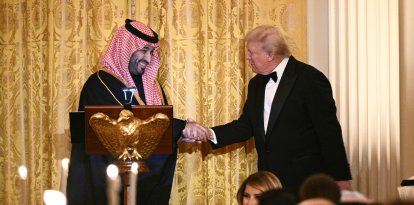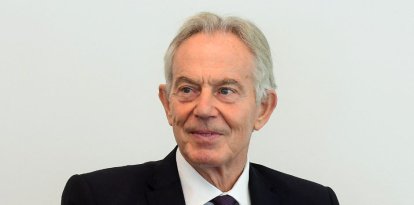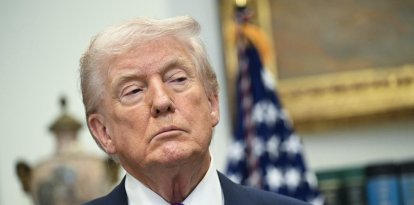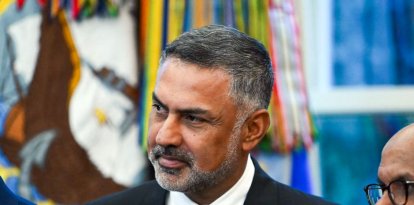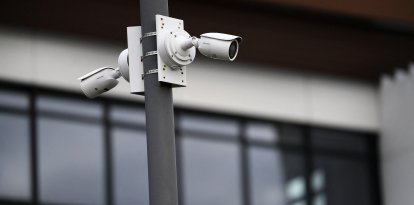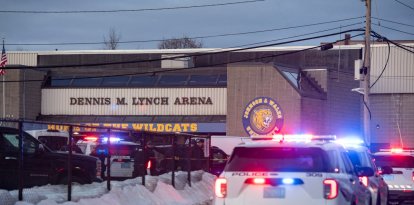Iran hardens nuclear sites amid ongoing talks with US
U.S. Secretary of State Marco Rubio emphasized in an interview that Iran must abandon uranium enrichment if it wants to pursue a civilian nuclear program.

The Bushehr nuclear plant, Iran
Iran is bolstering its nuclear infrastructure with newly constructed underground tunnel complexes, creating a massive security perimeter around them, according to a report published by the Institute for Science and International Security (ISIS) on Wednesday.
The report, based on satellite imagery, comes as the United States and Iran prepare for a third round of talks on a potential deal that could reinstate restraints on Iran’s uranium enrichment program. The talks, scheduled for this weekend, are taking place amid rising tensions, including threats of military action against the Islamic Republic from the United States and Israel, Reuters reported.
The tunnel complexes, located beneath Mount Kolang Gaz La, have been under construction for several years, and could soon become operational, according to ISIS president David Albright.
In addition, Iran has denied access to U.N. International Atomic Energy Agency (IAEA) inspectors, fueling concerns that the tunnels could house advanced centrifuges or stockpiled uranium enriched to bomb-grade levels. IAEA Director-General Raphael Grossi, on a visit to Washington on Wednesday, acknowledged that Iran’s possible use of these tunnel complexes “cannot be excluded,” adding that there is a “bit of a ping pong” with Iran over the issue.
Iran has rejected any international obligation to inform the IAEA about its plans regarding facilities that do not yet house radioactive materials. Iranian officials, including Iranian Foreign Minister Abbas Araghchi, have also accused Israel and other unnamed groups of attempting to derail diplomatic efforts.
The United States and Israel have not ruled out military action against Iran’s nuclear sites, and Israeli Prime Minister Benjamin Netanyahu has made clear that any negotiations must result in the complete dismantling of Iran’s nuclear program. Iran’s ongoing nuclear developments, including the new security measures at its complexes, underscore its rejection of such demands. The new perimeter at the tunnel complexes joins the security ring surrounding Iran’s main nuclear facility at Natanz, which was the target of sabotage in 2020.
Meanwhile, U.S. Secretary of State Marco Rubio addressed the issue of Iran’s nuclear ambitions during an interview with The Free Press podcast on Wednesday. Rubio emphasized that while the United States does not seek war, Iran must abandon uranium enrichment if it wants to pursue a civilian nuclear program. He criticized the 2015 nuclear deal, which the U.S. exited in 2018 during President Donald Trump’s first term in office, for offering Tehran “permanent concessions” in exchange for “temporary” ones. Rubio expressed cautious optimism regarding diplomacy but warned that military conflict remains a potential outcome if talks fail.
© JNS





